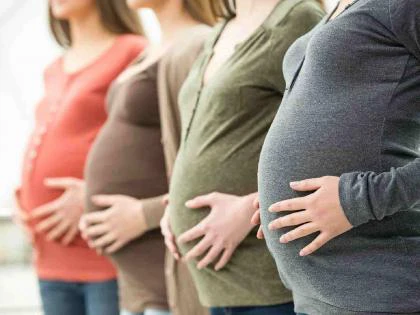As Russia grapples with a declining birth rate and the ongoing impact of the Russia-Ukraine war, the government has rolled out a controversial new policy aimed at boosting the nation’s population.
The Putin administration has announced a financial incentive scheme for high school and college-going girls who become pregnant, offering a one-time cash bonus of up to 100,000 rubles (around ₹1 lakh) to eligible candidates. According to reports by The Moscow Times and Fortune, the scheme is currently being implemented in selected regions such as Kemerovo, Karelia, Bryansk, Oryol, and Tomsk in Siberia. Under the scheme, girls studying in schools or colleges who are at least 22 weeks pregnant and registered at a government maternity hospital will qualify for the cash incentive. The government has not yet clarified whether this scheme will eventually be extended nationwide.
The move has triggered widespread debate across Russia, drawing both support and criticism from the public. A survey by the Russian Public Opinion Research Center, cited by PTI, revealed that 43% of the population supports the scheme, while 40% oppose it. Critics argue that encouraging teenage pregnancies raises serious ethical concerns and could have unintended social consequences. On the other hand, supporters believe it is a necessary step to address the country’s severe population decline.
The initiative comes at a time when Russia is facing immense demographic pressure. The ongoing conflict with Ukraine has claimed the lives of an estimated 250,000 Russian soldiers, and millions of young citizens have reportedly fled the country. Data from Fortune shows that only 599,600 babies were born in the first half of 2024, marking the lowest birth rate in Russia in 25 years. Last July, Kremlin spokesperson Dmitry Peskov had already flagged the falling population as a major national concern.
